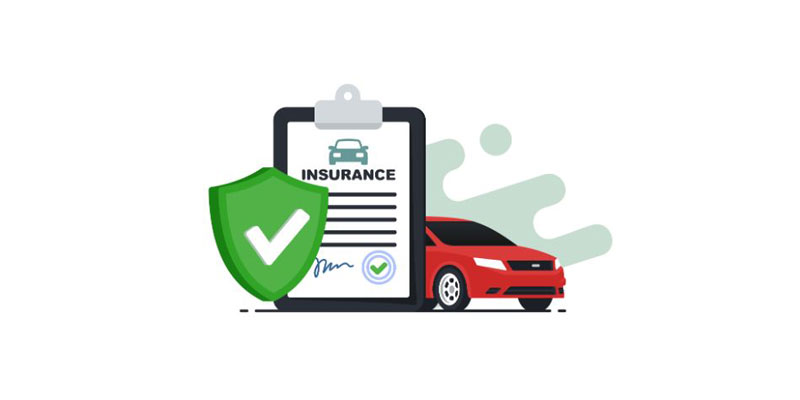Are you stuck in your current job and ready to start your own business? Quitting your day gig can be a big step, but it may be necessary for some entrepreneurs. Before you wind up giving notice, there are certain steps you need to take first.
From planning out your finances to building a strong support system - check out this blog post as we explore all the things you should do before quitting your day job.
Update Your Resume And Highlight The Skills You've Learned From Your Day Job
Before leaping self-employment or a new job, ensure your resume is up-to-date and accurately reflects the skills you have gained from working in your current position.
Your day job experience provided you with invaluable problem-solving, communication, and leadership capabilities that can be outlined on your resume.
Highlighting these attributes will make you stand out to potential employers and demonstrate your success.
Create a Budget To Plan For Managing Without a Steady Income
Managing with a steady income can be easier when you quit your day job. That's why it's important to create a budget ahead of time to know how much money you will need each month and what expenses you can afford.
Consider allocating an emergency fund for unexpected costs and setting aside money for savings so that you can have a cushion to fall back on if necessary. Additionally, keep track of your spending habits and stay within your budget.
Network With People In Your Desired Field And Start Building Connections
When considering leaving your regular job, starting networking with like-minded individuals in the industry or field of work you want to be a part of is important.
This will not only provide valuable insight into the current state of the market and niche, but it can also help connect you to potential opportunities and employers. Start with social media, professional networking websites like LinkedIn, and industry events.
Research Alternative Sources Of Income, Such As Freelance Work Or Starting a Side Business

Before you quit your day job, it's important to ensure that you have alternative sources of income in place.
If you are considering freelancing or starting a side business, take the time to do thorough research and create a plan for success. Determine what type of work you would like to do and determine how much money you can expect to make.
You should also consider the costs of freelancing or starting a business, such as taxes, insurance, and equipment. Having an alternate source of income before you quit your day job will give you peace of mind knowing that you have a backup plan to support yourself financially once you leave your current position.
Reevaluate Your Goals to make sure they're realistic and achievable
Before you quit your day job, it is important to take a step back and reevaluate your professional goals.
Ask yourself if it is realistic to expect that you will be able to reach the income level you need with the type of job or business venture you are planning on pursuing. If it is not feasible, ensure you have a backup plan or contingencies for things that don't go as planned.
It is also important to make sure that your goals are achievable. If you have no experience in a certain field, quitting your job and becoming an expert may be impossible. Consider taking classes or interning part-time to gain the skills and knowledge you need to achieve your career goals.
Finally, ensure your goals align with the values and lifestyle you want for yourself and your family. Quitting your job is a major life change, so it is important to be sure that it will bring you happiness and fulfillment in the long run.
By reflecting on your goals and ensuring they are realistic, achievable, and aligned with your values, you will be better prepared for transitioning from a day job to self-employment or a new career path.
Create An Emergency Fund To Cover Unexpected Costs
Once you quit your day job, you must create an emergency fund. An emergency fund can help cover unexpected costs, such as medical expenses or a sudden drop in income, while you adjust to not having a regular paycheck.
You should set aside at least three months of living expenses, including rent/mortgage, utilities, food, and other necessities.
Write a Business Plan And Research Potential Income Sources
Writing a detailed business plan can help you better understand the demands of running your business. You should research potential income sources and carefully consider how much money you need to start your new venture. Additionally, you should create a budget to ensure the business is financially viable.
Network With Professionals In Your Industry And Build Relationships

Networking can be invaluable when transitioning from the corporate world to self-employment. By networking with industry professionals, you can gain valuable insights into the challenges of starting a business and learn more about potential opportunities.
A strong professional network can also open doors to new career opportunities and help you stay connected.
Update Your Resume and Prepare for Job Interviews
Even if you plan on starting your own business, updating your resume and preparing for job interviews is important. Many people underestimate the power of networking and may need to be made aware of the opportunities available.
By staying up-to-date on your professional credentials, you can ensure you are ready to take advantage of any potential job offers.
FAQs
What should I save before quitting my job?
Before quitting your job, saving up an emergency fund of at least three months of living expenses is important. This will help you cover any unexpected costs while you adjust to not having a day job.
How do I find alternative sources of income?
The months many ways to find alternative sources of income. You could look into freelance opportunities, start a side business, or even apply for part-time gigs in your desired field. Do some research to find the best option for you.
What goals should I set before quitting my job?
Before quitting your job, it's important to reevaluate your goals and ensure they are realistic and achievable. Consider how much time it will take to reach your goals, what resources you have available, and how it's financial stability you need to transition. This can help you create a plan for success.
Conclusion
Thinking of switching careers but hesitant to quit your current job without a source of income? Don't worry. With some planning and research, you can make the transition smoother and minimize stress.
Our tips include updating your resume, creating a budget, networking in your desield, exploring alternative income sources, reevaluating your goals, and establishing an emergency fund. Follow these steps to prepare for success.



